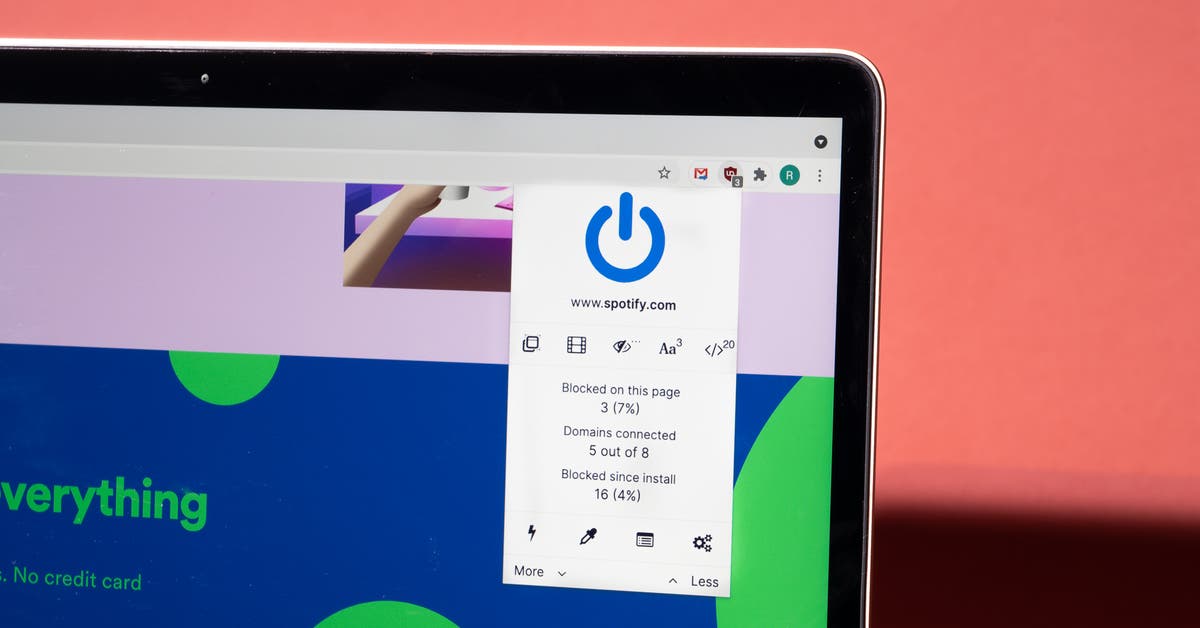[ad_1]
Browser extensions, also called add-ons, are tiny bits of software you can download to add new features to your web browser. They are sometimes created by developers as a hobby project to solve a problem for themselves, but are also developed by larger companies as part of their own suite of software.
Not all browsers offer the exact same extensions, but Google Chrome and Mozilla Firefox are the two most popular browsers, and the ones I focus on here. (Most Chrome extensions will also work with Microsoft Edge, Brave, Opera, and Vivaldi, though we haven’t fully tested them.) Of the two, I recommend Firefox if you prioritize privacy, as it’s much more focused on privacy out of the box compared with Chrome. Regardless of which browser you use, a pack of extensions can increase your privacy by decreasing your exposure to trackers, as well as have the welcome side effect of boosting your security. I’ve included links for both Chrome and Firefox, along with alternatives to our favorites, if they exist.
As for other browsers, Apple’s Safari isn’t bad when it comes to privacy, but it lacks wide support for popular browser extensions. Edge is based on Chromium and will work with the bulk of the Chrome extensions in this article, we haven’t tested it thoroughly. Brave is one of the more popular privacy-first browsers, but even it isn’t free of privacy-related controversies. The Tor Browser is the go-to for anonymity, especially in censored countries, but it’s unusable for most people as a daily browser. Dozens of other lower-profile browsers exist, but few get the security updates and support that most of us need in the software we use all day.
Like apps and desktop software, extensions are useful, but they can be a privacy nightmare. It’s rare for researchers to bother looking closely at extensions to make sure they’re above board. In the last few years, we’ve seen a number of popular extensions turn out to be malware, and one very popular tab management extension was flagged and removed from the Chrome Web Store after the extension’s development changed hands. So, while often useful, it’s best to avoid extensions unless you know exactly what they’re up to. The ones included here are widely scrutinized, or created by reputable companies.
Privacy almost always comes at the cost of usability. Sometimes a browser extension might cause a website to display text strangely, prevent embedded images or tweets from loading on a page, or remove the little social media buttons that make it easy to share an article. But in exchange for the occasional slight headache, companies will have a harder time tracking what you do online.
[ad_2]
Source link






